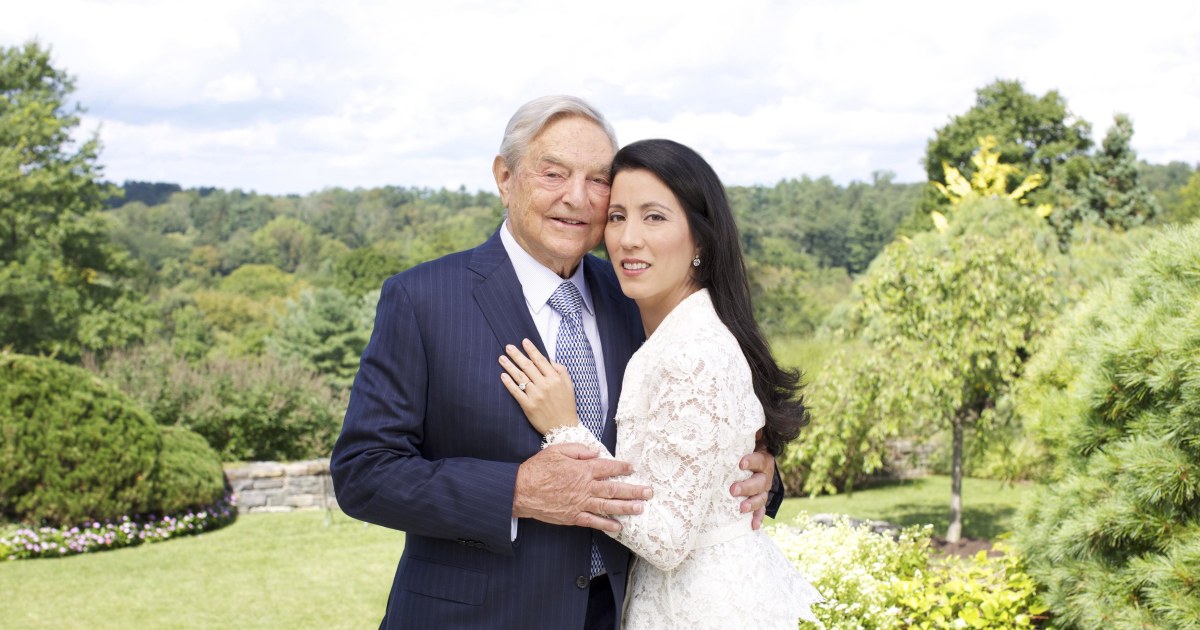Soros’ Investment Strategies

Soros engagement – George Soros, the legendary investor and philanthropist, has been hailed as one of the most successful investors of all time. His Quantum Fund Management, founded in 1973, has generated spectacular returns over the decades. At the heart of Soros’ investment philosophy lies a unique blend of reflexivity, contrarianism, and deep fundamental analysis.
Reflexivity
Soros believes that markets are not always rational and that investors’ expectations can have a profound impact on asset prices. He coined the term “reflexivity” to describe the feedback loop between market participants’ beliefs and the actual behavior of the market. When investors become overly optimistic, they drive prices higher, which in turn reinforces their optimism. Conversely, when investors become overly pessimistic, they sell assets, driving prices lower and further fueling their pessimism.
Soros exploits this reflexivity by identifying market imbalances and betting against the prevailing trend. He believes that when market sentiment becomes extreme, it creates opportunities for contrarian investors who are willing to go against the grain.
Contrarian Investing
Contrarian investing involves buying assets that are out of favor with the market and selling assets that are overvalued. Soros believes that the market often overreacts to short-term events, creating opportunities for investors who are willing to take a long-term view. He is known for his bold bets against the British pound in 1992 and the Thai baht in 1997, which netted him billions of dollars.
Successful Investments
- 1992: Shorted the British pound, profiting from the devaluation of the currency.
- 1997: Shorted the Thai baht, profiting from the Asian financial crisis.
- 2008: Invested heavily in gold, profiting from the global financial crisis.
Unsuccessful Investments
- 1987: Lost heavily on a bet against the Japanese yen.
- 2000: Invested heavily in technology stocks, losing billions of dollars in the dot-com crash.
- 2011: Lost money on a bet against the euro.
Soros’ Political Influence: Soros Engagement

George Soros is a renowned financier and philanthropist whose political influence has sparked extensive debate. Through his philanthropic efforts and advocacy work, he has played a significant role in shaping public policy and discourse, often eliciting both praise and criticism.
Controversies and Perspectives, Soros engagement
Soros’ involvement in various political movements has generated controversies. Some view him as a generous benefactor supporting causes he believes in, while others criticize his influence, alleging that he uses his wealth to advance a particular political agenda. Different perspectives exist on the extent of his influence and the impact of his philanthropic activities.
Role in Public Policy
Soros’ philanthropic efforts have influenced public policy through organizations such as the Open Society Foundations, which support democracy, education, and human rights worldwide. His advocacy for open societies, free markets, and social justice has sparked debates about the role of philanthropy in shaping public discourse and policymaking.
Soros’s engagement in various initiatives is as diverse as the ever-changing Evansville weather. Just as the skies of Evansville shift from sunshine to rain and back again, so too does Soros’s focus shift from one cause to another, each one leaving an indelible mark on the world.
Soros’ engagement in philanthropy extends far beyond his financial contributions. Like George Clooney , he actively participates in organizations he supports, lending his voice and expertise to causes close to his heart. This hands-on approach amplifies the impact of his philanthropy, inspiring others to follow his lead in making a tangible difference in the world.
